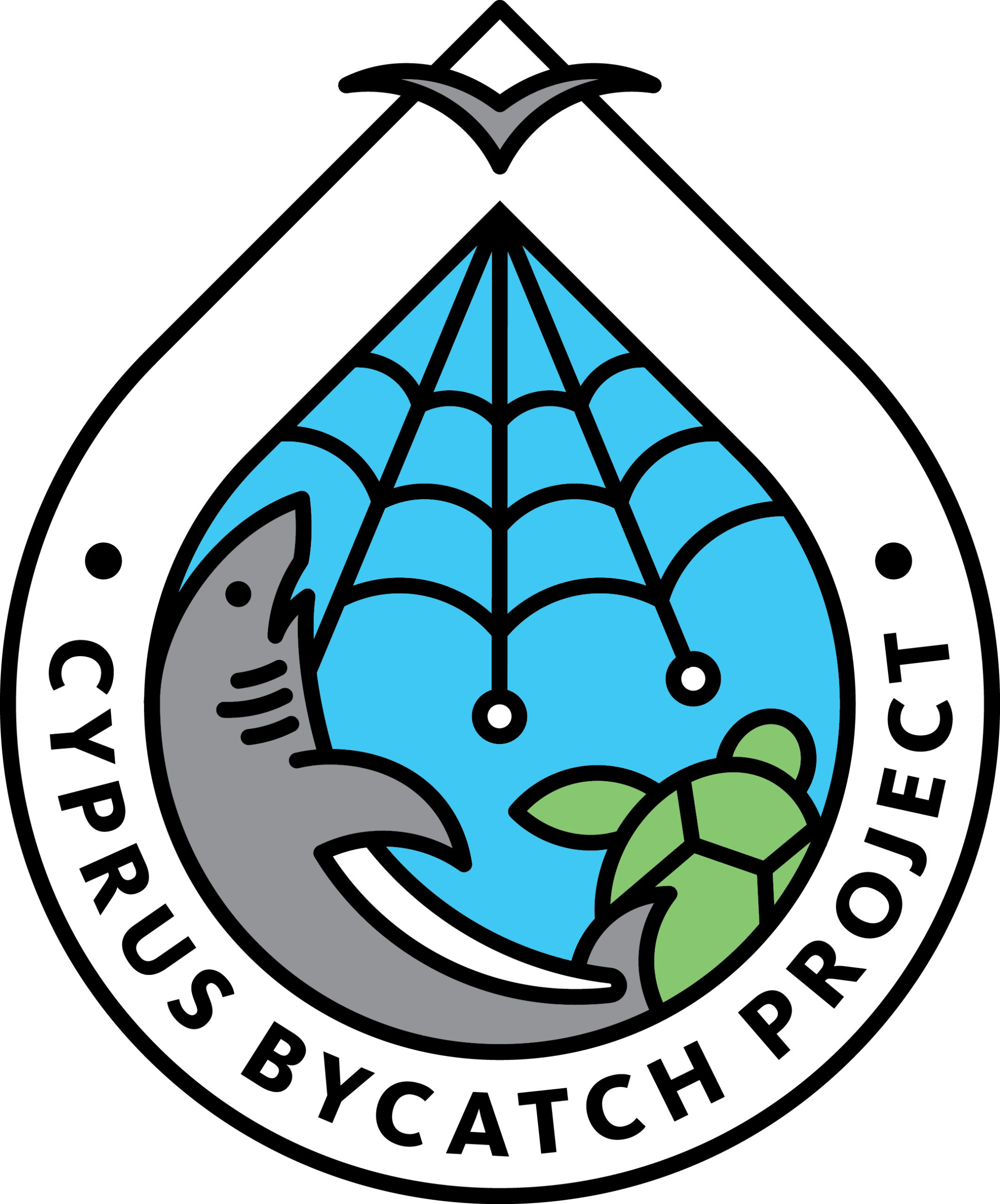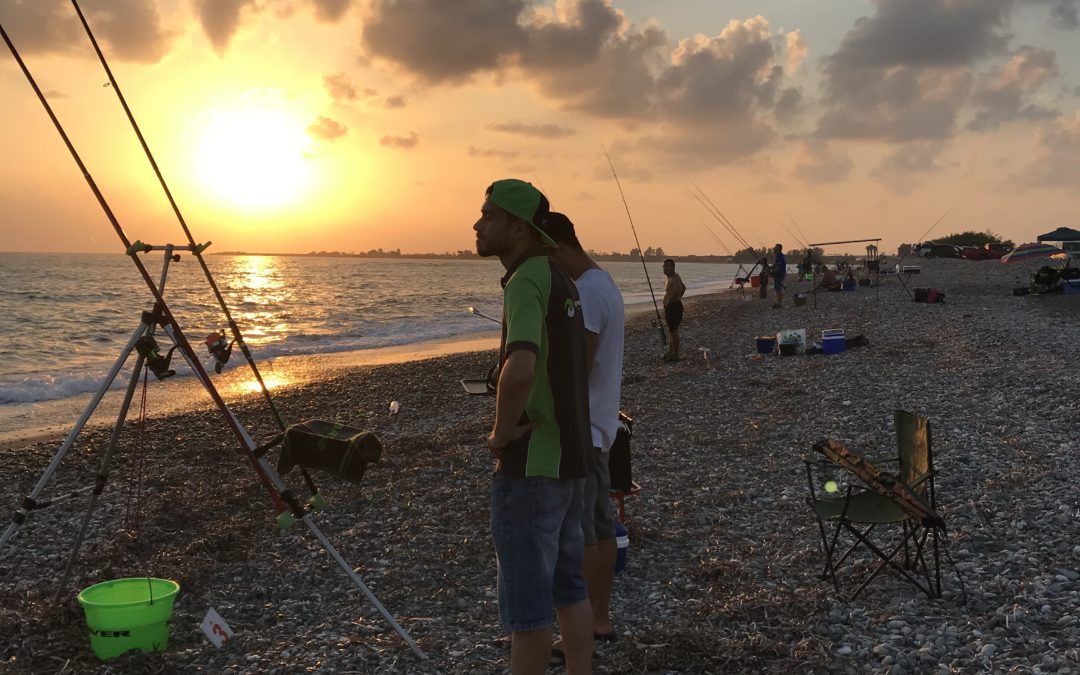Cyprus Bycatch Project Phase II
Project title: Understanding multi-taxa bycatch of vulnerable species and testing mitigation – a collaborative approach in Cyprus (Phase II)
OAP: M4/M5 – Reducing fishing impacts and pressures on marine habitats and species
Strategies:
- Partnership
- Policy and advocacy actions
- Ensuring technical solutions/mitigation measures to limit by-catch and conflict
- Replication and scaling-up at Mediterranean level
Total project budget: 1,006,990.87 EUR
MAVA Foundation contribution: 676,569 EUR
Coordinating Partner: BirdLife Europe & Central Asia
Direct(s) Partner(s): SPOT, University of Exeter, Enalia Physis
Indirect(s) Partner(s): BirdLife Cyprus
Duration (months): 30 months
Starting date : 01/07/2020
Summary
Due to efficient completion of phase one, the Cyprus Bycatch Project Partners have the knowledge and stakeholder support with which to act with confidence in phase two, to finalise mitigation measure trials and to inform and direct decision makers to take action to reduce the bycatch of vulnerable species by 2022 and beyond.
Main Strategies
The Cyprus Bycatch Project was developed through the same process as the Med Bycatch Project, within the M4 OAP and according to the Theory of Change below. In phase two we will continue to work in synergy with the Med-wide project and according to the same strategies: Partnership, Policy and Advocacy Actions, Technical solutions/mitigation measures to limit by-catch and conflict, Replication and Scaling Up, and are the same four strategies adopted by the Med-wide project.
Expected Results
By 2022 we expect our strong partnership to continue to develop, both among ourselves, and with Med-wide project partners, which will foster continued actions and capacity development in the long term.
Through Policy and Advocacy, we will continue to work on national policy with our authorities, to ensure that legal frameworks at least adequately address conservation of vulnerable marine species, based on the results of the Cyprus Bycatch Project. This will include working directly with authorities to help form and pass legislation and demonstrate the implementation of policy in at least one pilot protected area (and in the south to ensure that obligations under existing and new EU legislation are fulfilled (e.g. Data Collection Framework, Technical Measures Regulation, Control Regulation etc.). Communication campaigns and promotional outreach events will focus public opinion toward the shocking results of phase I research, supporting the advocacy process. Elasmobranch retention and illegal elasmobranch trade, including between the Cypriot communities will be investigated and addressed.
Under technical solutions, LEDs that showed promise during phase I were improved in collaboration with FishTek Marine. A cheaper, more durable and more efficient LED will go into testing in Cyprus at the end of phase I, continuing through phase II and we expect to arrive at a fleet-ready “Net-Light” by 2022. Investigating alternative gears such as traps, will occur on the island as an experience exchange between the fishing communities and circle hooks will be trialled in pelagic longlines. Since no single remedy has yet been found to reduce elasmobranch bycatch across our diverse fleet, we will develop training for fishers, including sports fishers, in safe handling of and release of elasmobranchs and recording their bycatch under our established schemes. Finally, partnering with Zoological Society of London, we will test new Vessel Monitoring System technology in small-scale fisheries and include advocacy with our authorities for enforced compliance with this system, as a tool to better manage fisheries sustainability long-term.
To replicate and scale up the work we will promote the project approach and deliverables at 2 events/workshops/conferences per year and host one large final workshop in 2022 in each community and one bicommunal.



Recent Comments